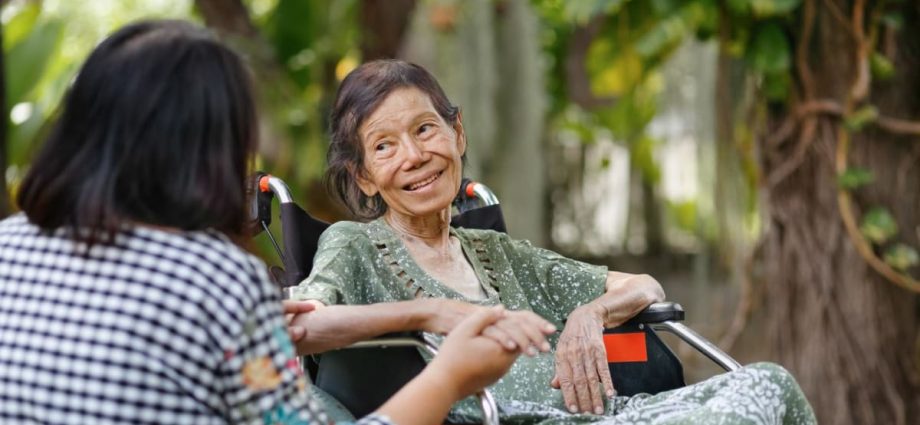
SINGAPORE: Caught between her parents’ example and her own life pursuits, Xin Yi finds herself in a dissonant state.
“My parents are very ‘xiao shun,’” said the 23-year-old, referring to the Chinese phrase for filial piety. “My parents do hire a maid, but they still care for my grandparents very closely.
“They won’t put their parents in an old folks’ home or anything, … and I do feel pressured to (do the same for them).”
But her own inclinations are different. Having seen the physical care her grandparents require, including their toilet needs, the only child feels more comfortable outsourcing care of her parents in future.
This is why the diploma holder left the workforce and is now at a local university.
“I need to further my studies to earn more to pay for all their future needs if I want to have a life,” said Xin Yi, who declined to share her surname.
“If their health deteriorates, I’ll need to pay for them to be in a nursing home, which is so expensive nowadays.”
While her parents have not communicated their expectations, Tessa’s parents have — and there is some distance between what they want and what their four children want to give.
“My mum would say, ‘You need to visit several times a week … to show that you care,’” said Tessa, 27, who also declined to give her full name.
Her elder sister, for example, gets asked regularly why she does not visit “enough”.
“There are already so many expectations in a traditional household that you want out of it,” said Tessa, who plans to visit once every fortnight after she moves to her Build-To-Order flat with her fiancé.
Recent years have seen a growing debate on filial piety norms. One CNA commentary in May, which questioned whether adult children should still be expected to give their parents an allowance, sparked online discourse that echoed similar sentiments.

